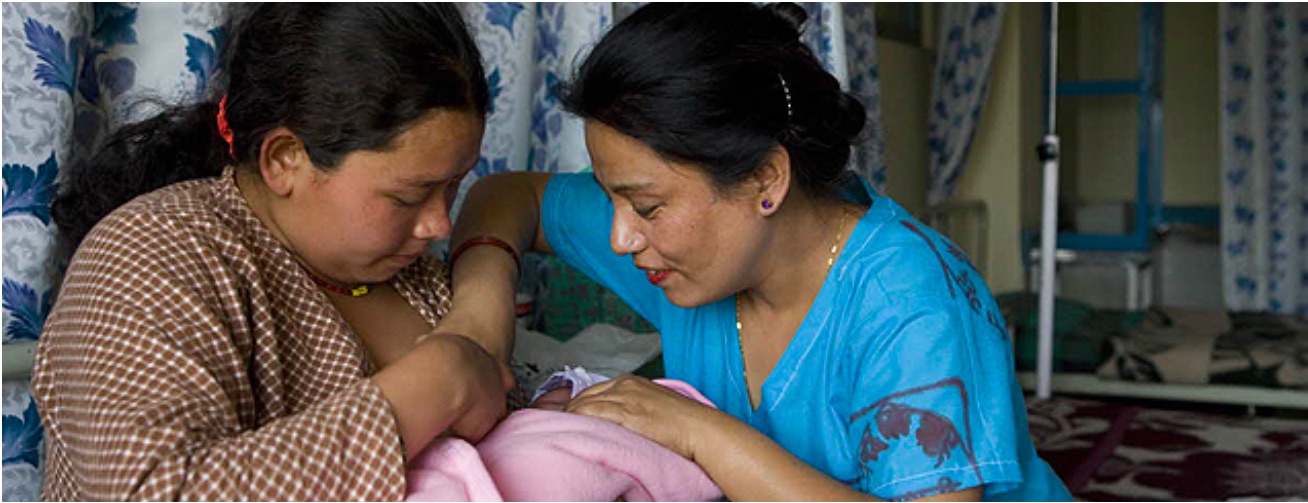Midwives are essential to the provision of quality of care, in all settings, globally
 Today, as every 5 May, we celebrate the work of the world’s midwives. This year, our focus is on Midwives leading the way with quality care.
Today, as every 5 May, we celebrate the work of the world’s midwives. This year, our focus is on Midwives leading the way with quality care.
Because not only is it vital for all women and newborns to access care – it is critical that this care is of a sufficient quality to provide a safe and positive childbirth experience, and that it is provided with respect and dignity.
Earlier this year, WHO launched new recommendations for antenatal care and care during childbirth.
For the first time these new guidelines recommend that midwives take the lead in providing care through pregnancy, childbirth, and afterwards. This “continuity of care” is preferred by women, and has been proved to reduce preterm births by 24% - a key factor in improving infant health.
To achieve this midwives must be educated and regulated to provide the full-scope of midwifery skills and the competencies identified by the International Conference of Midwives (ICM). Evidence reveals that midwives who are equipped with these skills and competencies are able to provide 87% of the needs of all women and newborns. Ensuring that all midwives have these competencies will be critical to realizing WHO’s Global Strategy for Women's, Children's and Adolescent's Health 2016-2030. This strategy is about ensuring survival (to complete the MDG agenda), but is also about helping women and their newborns to thrive, and also to be empowered to transform their communities.
A key competency for all midwives is hand hygiene, and it is appropriate that today is also Hand Hygiene Day. The theme for hand hygiene day 2018 is “It's in your hands - prevent sepsis in health care”. This is particularly important for midwives. Sepsis affects 3 million newborns, can kill up to 500,000 neonates and causes 1 in 10 maternal deaths. I am delighted to say that the theme in 2019 for the next report on the Global Strategy for Women's, Children's and Adolescent's Health 2016-2030 is midwifery. This means, that for the first time, WHO with ICM and UNFPA will be preparing a report to the WHO Executive Board, just prior to the World Health Assembly in May next year.
By: Elizabeth Iro
Source: http://www.who.int/









